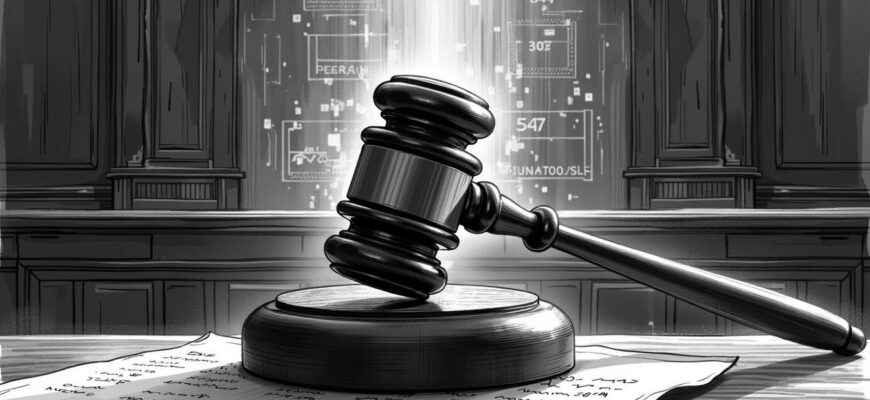Coinbase has just pulled off a major legal win, folks. The New York federal court has granted them the right to appeal an important aspect of their case against the SEC. This decision not only pauses the lawsuit but also raises some eyebrows about whether the Howey Test is still relevant in this digital age. This case is one to watch closely, as it could have far-reaching effects on crypto regulation and the entire industry.
Coinbase’s Ongoing Legal Battle
Coinbase has been accused by the SEC of running an unregistered securities exchange. The core of the case hinges on whether certain digital assets on the platform are deemed securities according to the Howey Test, a legal standard that has historically been used to classify investment contracts.
Now, the Howey Test isn’t just a relic of the past. It was established by the U.S. Supreme Court in the case of SEC v. W.J. Howey Co. and has been pivotal in determining if something qualifies as a security under federal laws. The test has three elements: there’s an investment of money, a common enterprise, and a reasonable expectation of profits derived from the efforts of others.
Challenges in Applying the Howey Test
The SEC’s argument against Coinbase relied heavily on this test. In March 2024, Judge Failla dismissed parts of Coinbase’s earlier motion for judgment, stating that some transactions on the platform indeed fell under the definition of investment contracts. This was a blow for Coinbase and added fuel to the SEC’s fire.
But now, Coinbase is appealing, hoping to clarify the legal uncertainty that surrounds these issues. They believe that legal frameworks like the Howey Test are outdated and don’t accurately capture the essence of modern digital assets.
Implications for SEC and Crypto Regulation
This appeal is no small potatoes. It’s rare for a district court to grant such a motion, and it could open the door for the Second Circuit to consider if the existing securities laws can even apply to cryptocurrencies. If the court sides with Coinbase, that could set a precedent for how regulators approach enforcement actions against other digital asset platforms.
Effects on Other Crypto Exchanges
This ruling could also have ripple effects across the industry. If it sides with Coinbase, we might see a shift in how digital assets are treated and regulated. But if it goes against them, it could embolden regulators to pursue other companies with renewed vigor.
The Need for Clear Guidelines
If the appeal succeeds, it could massively reshape the relationship between cryptocurrencies and securities laws. Investors and lawyers alike are watching closely because this case has the potential to redefine regulatory approaches—and not necessarily in a good way.
The absence of clear guidelines could lead to a regulatory vacuum, leaving the door open for market manipulation and fraud. This could deter institutional investors, limiting the growth of the market. On the other hand, if regulation goes too far, it could stifle innovation.
If the SEC loses its grip on jurisdiction, that could have serious implications. They could find themselves without their best tool for regulating digital assets, leaving a significant portion of the industry unregulated unless new laws come into play.








